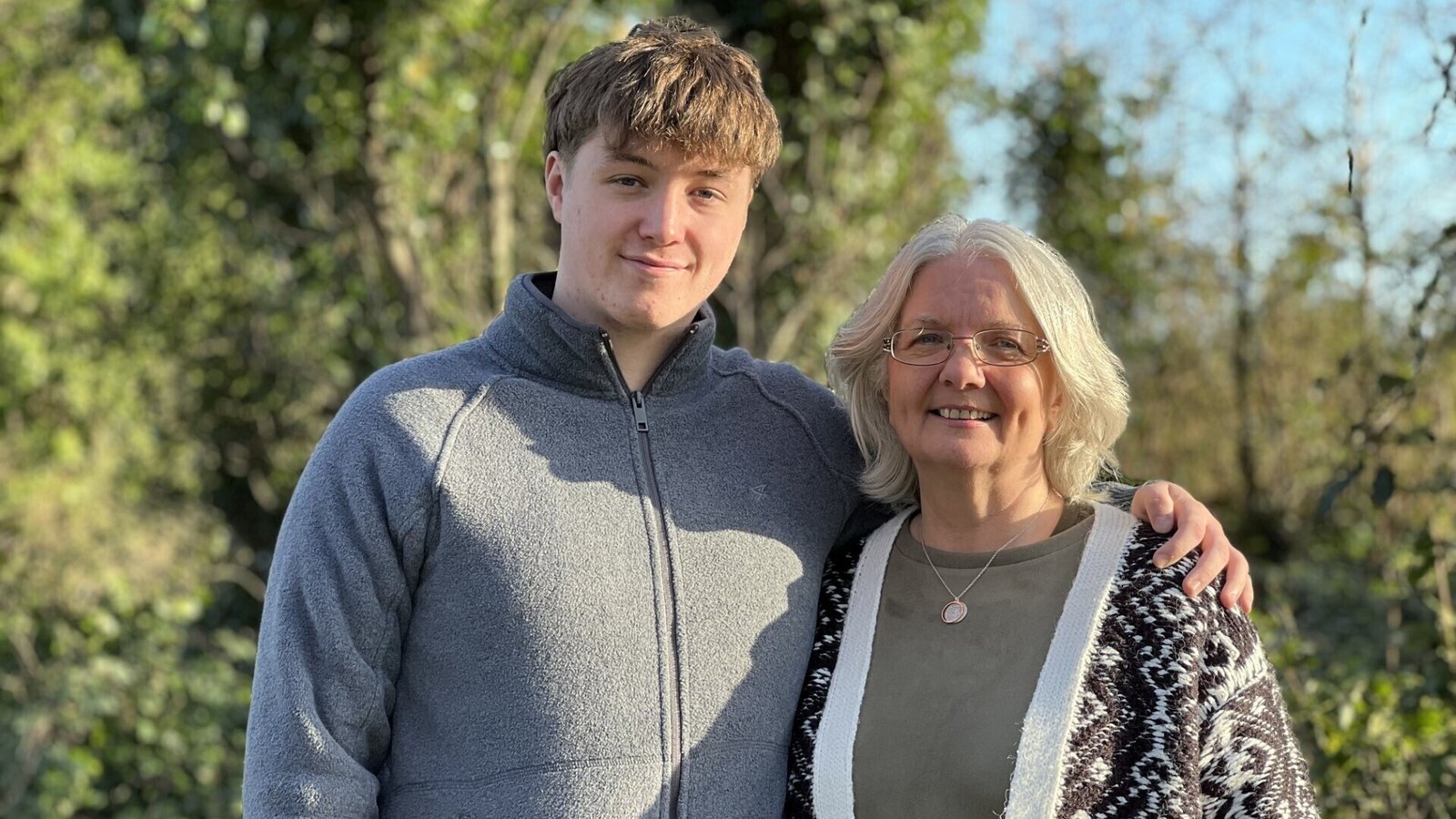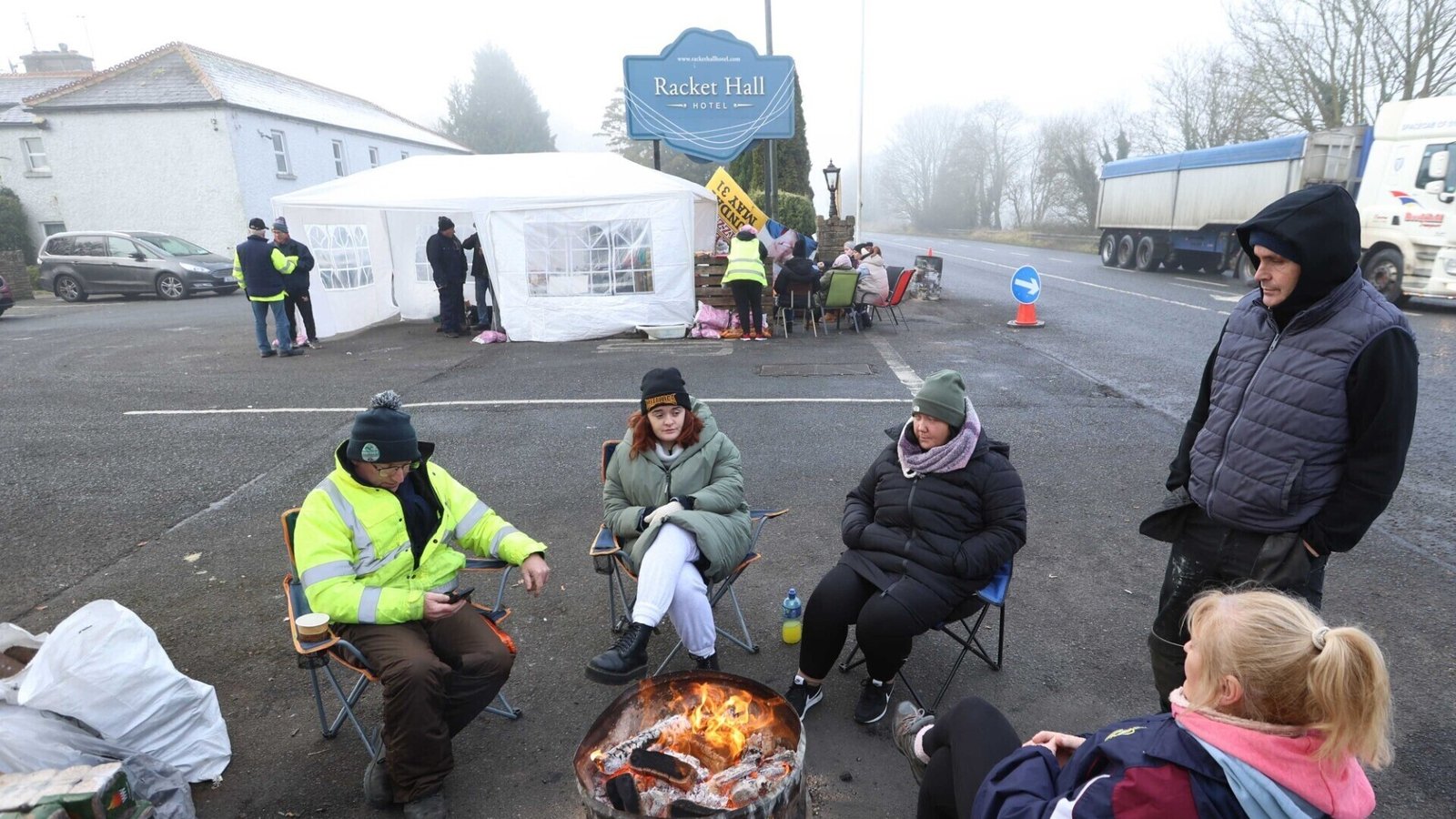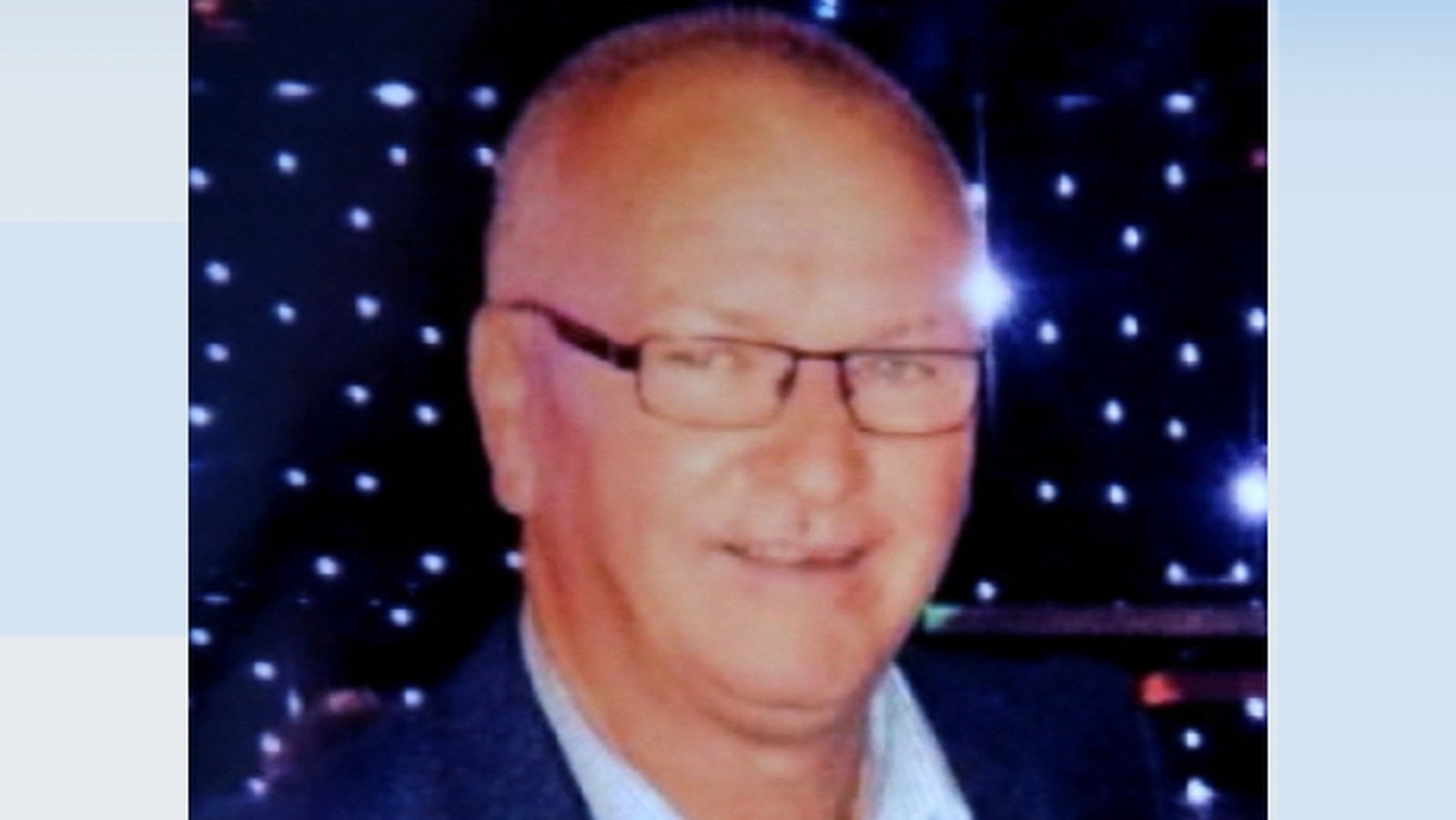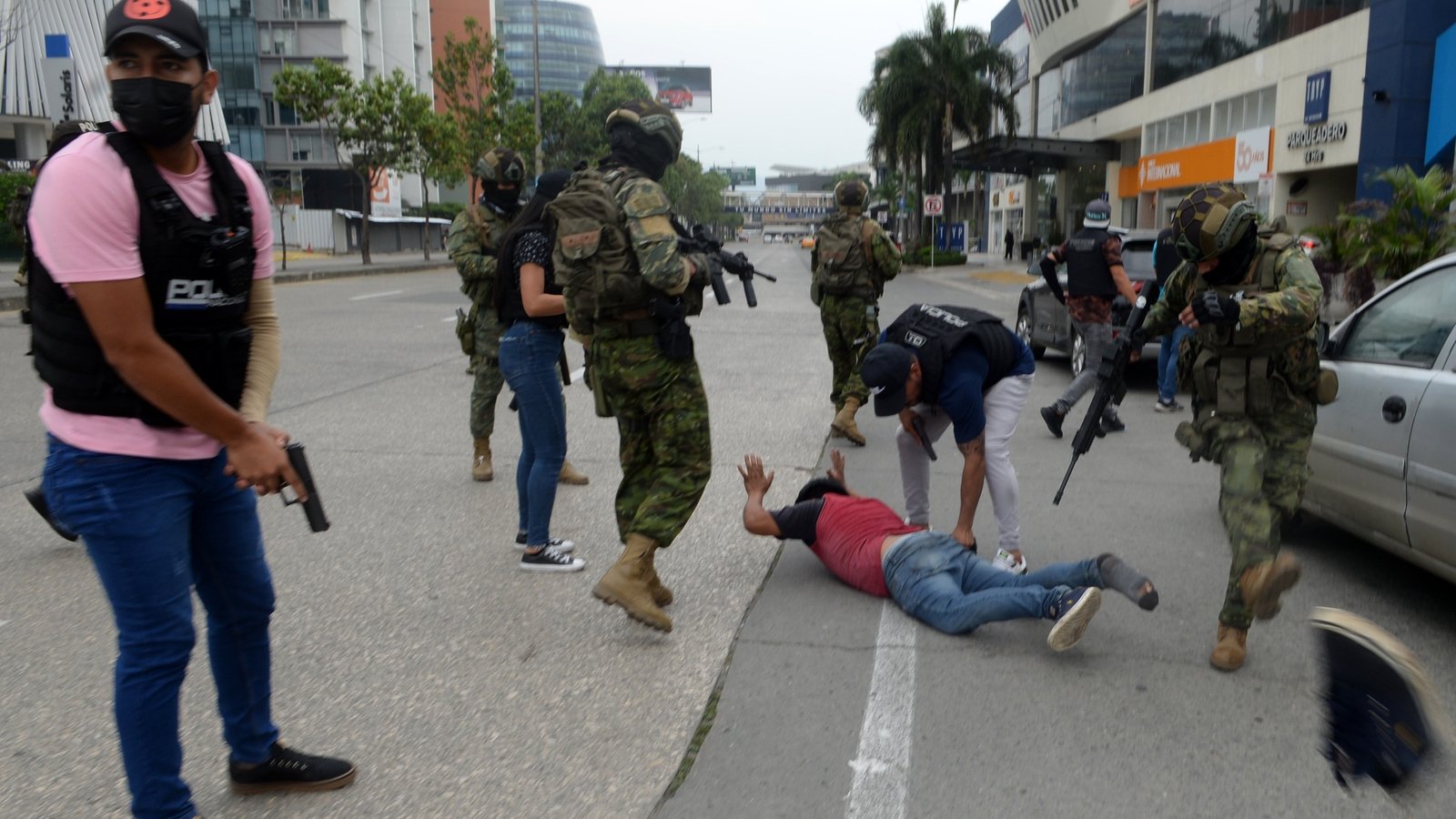No prosecutions after 7 years of Operation Kenova

It was an investigation that took more than seven years and cost an estimated £40m, but did not result in a single prosecution.
Operation Kenova was established in 2016 to investigate the alleged activities of British army agent in the IRA Freddie Scappaticci, and those of former army and RUC intelligence handlers.
Much of the talk at the launch of the Operation Kenova report is likely to focus on the provision of information to families about what happened to their loved ones.
Many of the questions are likely to focus on the failure to secure prosecutions.
The man who led the Kenova team for virtually all of that time – current PSNI Chief Constable Jon Boutcher – said at the outset that he believed the investigation would result in prosecutions.
“I wouldn’t be doing this investigation if I didn’t believe that I could get the evidence to present a case to a public prosecutor to see a trial of those who are responsible,” he told me in an interview in October 2016, just months after his appointment.
“I am determined to do everything I can to achieve that. Whether I do or not, time will tell.
“Everything that can be done to achieve justice for those victims, which is long overdue, we are going to do.”
The Kenova team investigated the alleged activities of the agent codenamed Stakeknife and other members of the IRA’s internal security unit, nicknamed “the nutting squad” because it shot alleged informers in the head.
Detectives also investigated the activities of former members of the British Army, the British security service MI5 and RUC Special Branch.
“We will be investigating any state actors, the security service, the military, the police, who may have been responsible for directing, tasking, receiving information about what happened to those victims to understand what they did or did not do,” he told me in that interview.
“If there is any evidence of criminal offences we will capture that evidence and will present that evidence with regard to any prosecutions that may be required.”
When I put it to him that he was naive to think he could secure convictions because the British military and security services had too much to lose, Mr Boutcher said I was not the first person to make that suggestion, and insisted he would prove us all wrong.
He vowed to leave no stone unturned in his search for the truth about the activities of Stakeknife and those he reported to and took orders from, whether in the IRA or security forces.
It was a vast investigation.
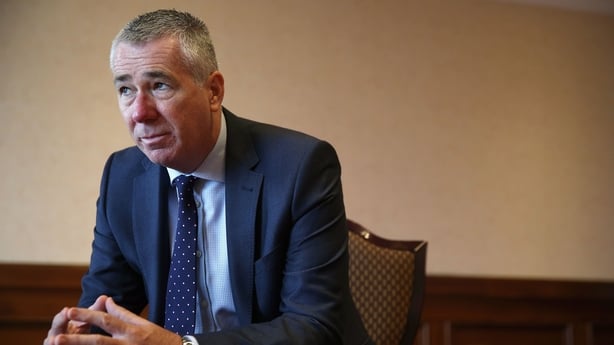
Detectives gathered more than 1,000 witness statements and over 12,000 documents running to more than a million pages.
But, more than seven years later, the investigation is over and there have been no prosecutions.
The Kenova team will argue that it was not for the want of trying.
It submitted files to Northern Ireland’s Public Prosecution Service on more than 30 individuals recommending that they should face criminal charges.
Half of those were former members of the Provisional IRA, with the vast majority of the others former British military intelligence officers.
But the PPS said there was “insufficient evidence” to provide a reasonable prospect of conviction for any of those named in the files.
A number of files were also submitted on Freddie Scappaticci recommending his prosecution, but no charges were brought before he died in April last year so those files are now redundant.
Scappaticci was also likely to have been named as a key potential witness in any prosecutions of others named in files, but there was never any indication that he had consented to give evidence.
“Many of the families, many of the victims, don’t want prosecutions. What they want is the truth. They want candour”
He is believed to have said nothing when arrested and questioned by Operation Kenova detectives in January 2018.
There has been a noticeable change in tone in the years since that October 2016 interview, with an increasing focus on the primacy of information recovery over any possibility of criminal convictions.
In June 2020 Jon Boutcher told members of a House of Commons committee that he did not believe there would be any criminal prosecutions as a result of Operation Kenova.
He pointed out that there were “significant legal and practical obstacles to bringing cases from so many years ago to the criminal courts now.”
Mr Boutcher added: “It has become apparent to me that most Operation Kenova families do not support prosecutions. The reasons for this can be complex.
“There will always be a spectrum of opinions, even with divergent views within families. Most relatives have told me they want the truth of what happened, in particular the ‘how’ and ‘why’ of their loved ones’ deaths, rather than a criminal prosecution.”
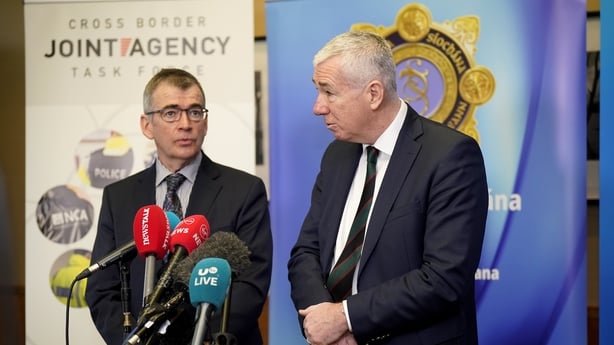
That view was repeated during media interviews at a cross-border policing conference in Co Cavan last week.
Asked if he was disappointed at the failure to secure prosecutions, Mr Boutcher said: “It’s interesting, this. Listen, I’m a prosecution guy, I almost feel like I’m a detective sergeant, it’s all about prosecuting people for crimes they’ve committed.
“Many of the families, many of the victims, don’t want prosecutions. What they want is the truth. They want candour, they want an opportunity, actually, to tell their story.
“And because of the way we’ve dealt with legacy they’ve never had either, they’ve never had an opportunity to speak about what they experienced, their loss hasn’t been acknowledged, and they’ve never been information, so that’s a good place to start.”
There was a similar message from the current head of Operation Kenova, Iain Livingstone, when the PPS announced late last month that there would be no prosecutions in the final set of investigation files it had considered.
Mr Livingstone said the team had built “a strong and compelling case” for prosecutions which it was frustrated would now not be tested in before a court.
But he said it was unfortunate that the PPS statement announcing its decisions not to press charges excluded commentary on “the main focus of Operation Kenova.”
He said victims were the “absolute focus” throughout the investigation and that the team remained steadfast in its determination “to provide families with the truth about what really happened to their loved ones.”
Jon Boutcher will argue that the extent and expanse of the investigation demonstrates that he fulfilled his promise to leave no stone unturned.
But it’s clear that families of some of those Fred Scappaticci is alleged to have killed wanted much more, they wanted to see his handlers and their superior officers held to account in a court of law.
Alarm bells started to ring for those families and their representatives in August last year when it was announced that the Kenova report into Stakeknife’s activities had passed through security checking and cleared for publication without any changes or redactions.
Jon Boutcher welcomed the development, but critics said the fact that the British security services saw no reason to even attempt to wield the censor’s pen suggested the state had nothing to fear, which in turn they argued suggested that not all stones had been turned.

